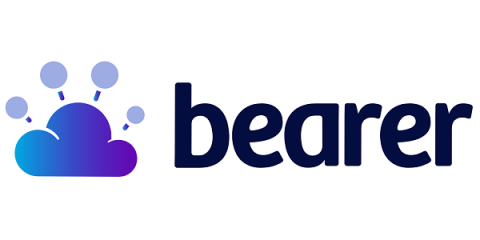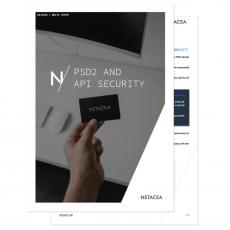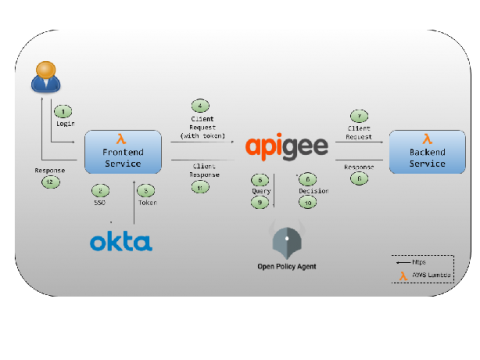Shadow APIs are Putting your Business at Risk
How many APIs does your organization rely on? A 2020 study by Slashdata found that 89% of developers use APIs, and the vast majority are using third-party APIs. These numbers aren’t unique to specific markets either. Regardless whether you are a software-first company, or offering a more tangible service, APIs are a vital part of modern infrastructures. Relying on APIs saves time, resources, and allows businesses to experiment in ways that otherwise would be hard to justify.





